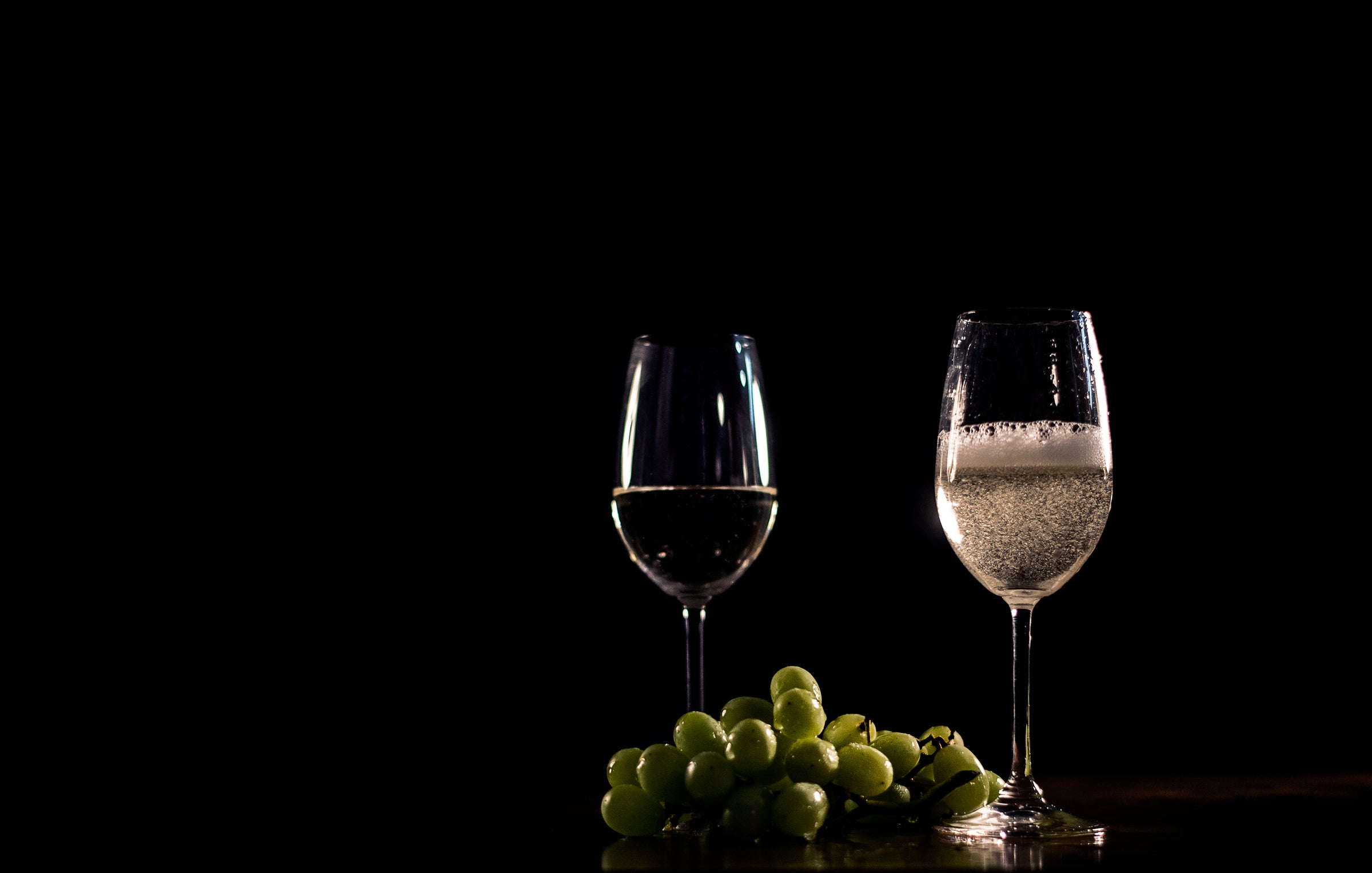What is wine biodynamics?
Exploring Wine Biodynamics: An Ancient Practice for the Future of Viticulture
Biodynamics is an agricultural practice that transcends traditional viticulture techniques to embrace a more holistic and sustainable approach to winemaking. Inspired by the principles established by Rudolf Steiner in the 1920s, the method continues to gain popularity among winemakers around the world. Here’s a detailed exploration of biodynamic winemaking, examining its foundations, practices, and potential benefits for the environment and wine quality.
What is Biodynamics?
Biodynamics is an approach to farming that treats vineyards as an integrated, self-sustaining ecosystem. It emphasizes creating a harmonious balance between the different components of the terroir—soil, plants, animals, and cosmos. Biodynamic practices include using herbal and mineral preparations to enrich the soil and stimulate plant growth, as well as aligning farming activities with lunar and planetary cycles.
Key Practices of Biodynamics
Biodynamic Preparations
Biodynamic winemakers use specific preparations, numbered from 500 to 508, to energize the soil and plants. For example, preparation 500 consists of fermented cow dung buried in cow horns, used to stimulate root activity and improve soil structure.
Composting and Biodiversity
Composting is central to biodynamics, as it recycles organic matter from the vineyard into a rich soil amendment. Biodiversity is also encouraged, with the planting of hedges, the use of ground cover and the integration of animals to create a robust and self-sufficient agricultural system.
Astronomical Calendar
Interventions, such as pruning and harvesting, are often planned according to a calendar based on moon phases and astrological positions, in an attempt to harness cosmic forces believed to influence plant growth.
Benefits of Biodynamics
Quality and Expression of the Terroir
Biodynamic advocates claim that this method produces higher quality wines that more faithfully express the terroir. Biodynamic wines are often described as having more vitality and increased aromatic complexity.
Sustainability and Environmental Impact
Biodynamics encourages sustainable land management that can significantly reduce the environmental impact of viticulture. By avoiding synthetic chemicals and promoting soil health, it contributes to the biodiversity and resilience of viticultural ecosystems.
Challenges and Criticisms
Although biodynamics is praised for its ecological practices, it also faces criticism, particularly due to its more esoteric aspects, such as the use of cosmic forces. In addition, its implementation requires a significant commitment and a profound transformation of existing viticultural practices, which can be a challenge for some winemakers.
Conclusion
Biodynamics offers a refreshing and deeply respectful perspective on viticulture, resonating with values of sustainability and ecology. Whether or not one is convinced by all of its aspects, there is no denying that the practice is pushing the wine industry to reexamine its methods and potentially adopt approaches that are more respectful of the land and its natural cycles. For those seeking wines that speak not only to the palate but also to the mind, biodynamic wines offer an intriguing and rewarding option.



